In our modern world that relies heavily on data, the importance of data engineers has grown significantly. These professionals are vital in creating, constructing, and upkeeping the infrastructure and systems needed to handle vast amounts of data. With the evolving technology landscape, it’s essential for aspiring data engineers to stay updated and have a clear roadmap to navigate their career successfully. In this article, we will provide a comprehensive guide to the data engineer roadmap for the year 2023, covering the essential skills, technologies, and career milestones.
Understanding the Role of a Data Engineer
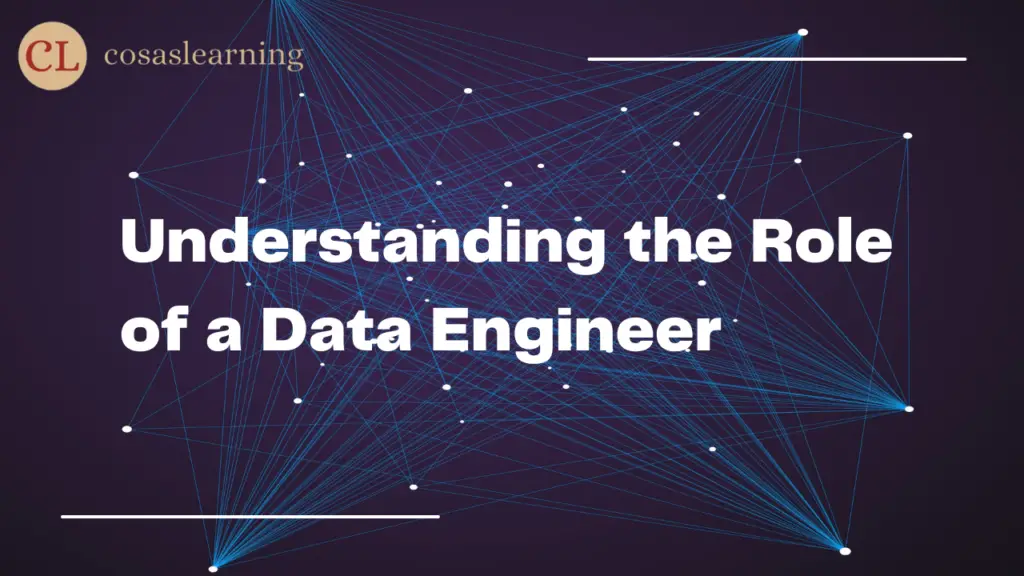
Data engineers build and maintain the systems needed to handle and analyze big data. They collaborate with teammates to ensure data pipelines and systems work smoothly. Data engineers work with various technologies and tools to extract, transform, and load data, ensuring its quality and integrity.
Foundational Skills for Data Engineers
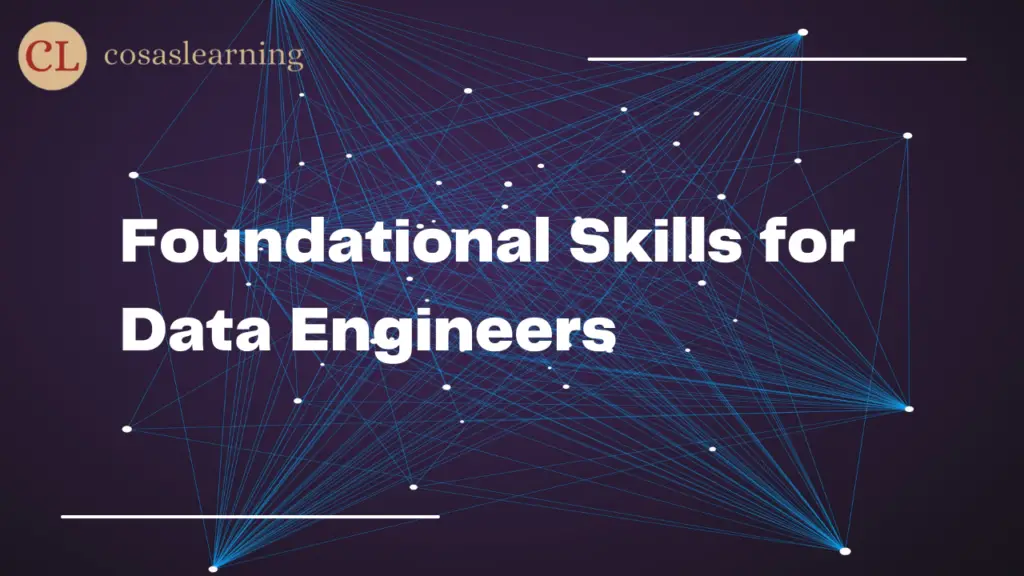
To succeed as a data engineer, it is important to build a solid base in various essential areas:
Proficiency in Programming Languages
Data engineers need to be skilled in programming languages like Python, Java, or Scala. These languages are commonly used for data manipulation, scripting, and building scalable data pipelines.
Knowledge of Relational and NoSQL Databases
Data engineers need to have a deep understanding of relational databases like MySQL, PostgreSQL, as well as NoSQL databases like MongoDB, Cassandra. They should be skilled in writing efficient queries, designing schemas, and optimizing database performance.
Data Modeling and Database Design
Data engineers should be well-versed in data modeling techniques and database design principles. This includes creating entity-relationship diagrams, understanding normalization, and denormalization concepts, and designing data warehouses or data marts.
ETL (Extract, Transform, Load) Processes
ETL processes are a fundamental aspect of data engineering. Data engineers must excel at collecting data from various sources, converting it into a usable format, and transferring it to target systems. They should be familiar with ETL tools like Apache Airflow, Apache Spark, or AWS Glue.
Advanced Data Engineering Concepts
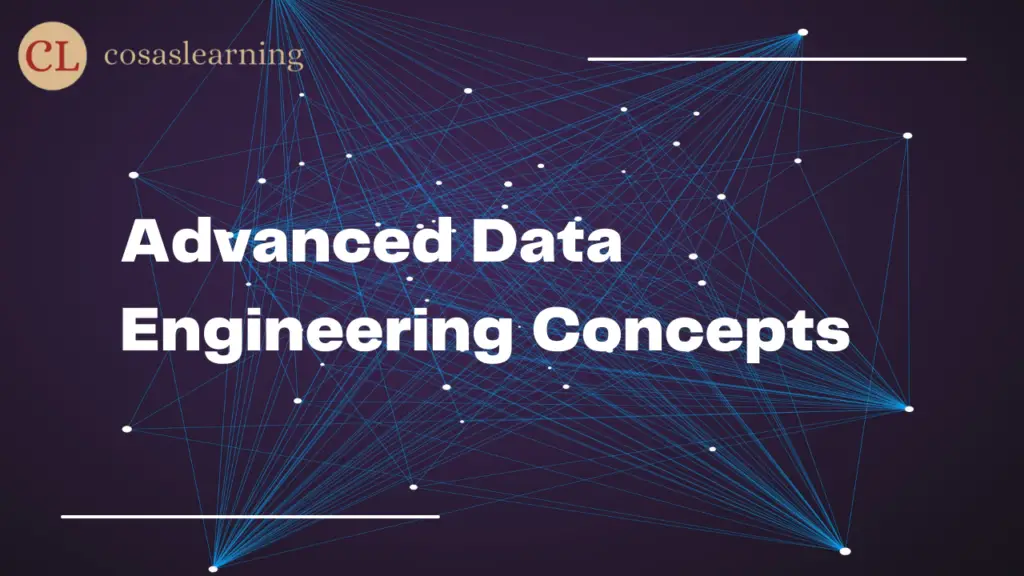
Aspiring data engineers should also focus on advancing their skills in the following areas:
Big Data Technologies and Frameworks
As data continues to grow rapidly, data engineers need to utilize important big data technologies such as Apache Hadoop, Apache Spark, and distributed computing frameworks. Understanding concepts like MapReduce, data partitioning, and cluster management is crucial.
Data Warehousing and Data Lakes
Data engineers should gain expertise in designing and implementing data warehousing solutions. They should be familiar with technologies like Amazon Redshift, Google BigQuery, and concepts like star schema, snowflake schema, and data vault modeling. Additionally, knowledge of data lakes and tools like Apache Hudi or Delta Lake is valuable.
Real-time Data Streaming and Processing
In our fast-paced world, data engineers must manage real-time data streaming and processing. Technologies like Apache Kafka, Apache Flink, or Amazon Kinesis should be in their skillset. Understanding event-driven architectures and building scalable streaming pipelines is essential.
Data Governance and Data Security
Data engineers have an important responsibility in maintaining data governance and security. They should be well-versed in data privacy regulations, access controls, encryption techniques, and implementing data governance frameworks like Apache Ranger or AWS Lake Formation.
Cloud Computing and Data Engineering
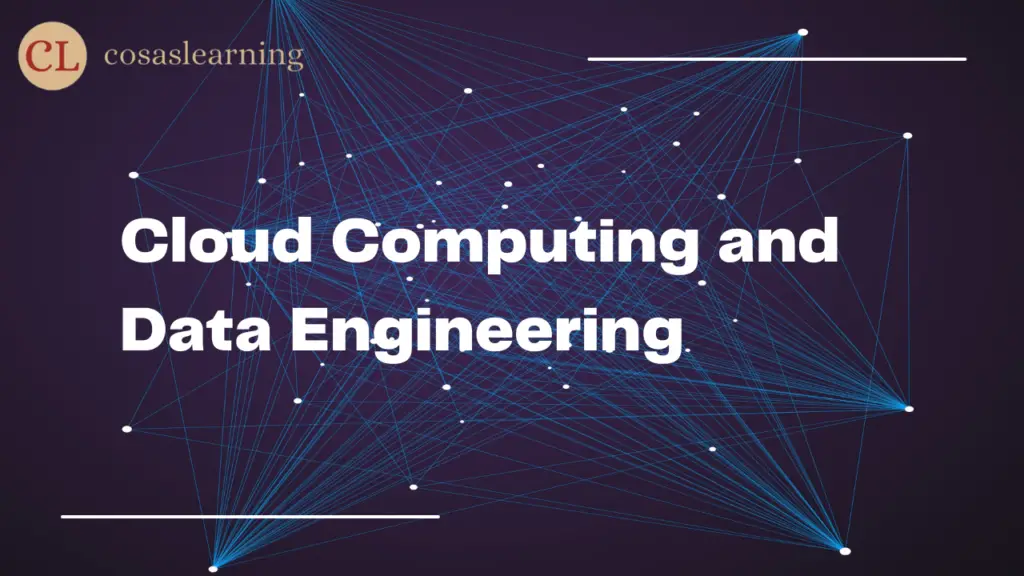
Cloud computing has revolutionized the data engineering landscape. Data engineers should focus on the following aspects:
Cloud Platforms for Data Engineering
Amazon Web Services (AWS), Google Cloud Platform (GCP), and Microsoft Azure provide various data engineering services in the cloud. Data engineers should familiarize themselves with services like AWS S3, AWS Glue, Google BigQuery, or Azure Data Factory.
Infrastructure as Code (IaC) and Automation
Infrastructure as Code (IaC) tools like Terraform or AWS CloudFormation allow data engineers to automate the provisioning and configuration of cloud resources. By treating infrastructure as code, they can ensure reproducibility, scalability, and version control.
Scalability and Elasticity in the Cloud
Cloud platforms provide the advantage of scalability and elasticity. Data engineers should understand concepts like horizontal scaling, auto-scaling, and designing systems that can handle large workloads efficiently.
Serverless Data Engineering
Serverless computing allows data engineers to focus on writing code without worrying about managing infrastructure. Technologies like AWS Lambda or Google Cloud Functions can be utilized for building serverless data pipelines, ensuring cost-effectiveness and simplified operations.
Machine Learning Engineering for Data Engineers
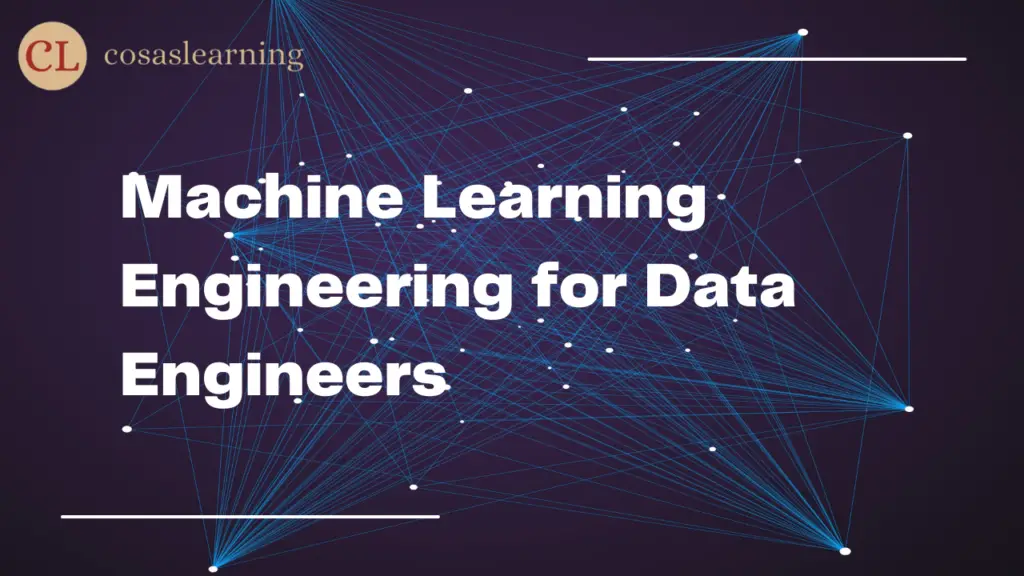
As machine learning becomes more prevalent, data engineers should embrace machine learning engineering practices:
Understanding Machine Learning Concepts
Data engineers need to possess a strong knowledge of machine learning concepts, algorithms, and workflows. This includes knowledge of supervised learning, unsupervised learning, and model evaluation techniques.
Feature Engineering and Data Preparation
Feature engineering is a vital process in machine learning. Data engineers should possess skills in transforming raw data into meaningful features for training models. They should also be proficient in data preprocessing techniques and handling missing or inconsistent data.
Model Deployment and Monitoring
Data engineers should be familiar with model deployment practices and techniques. They should have knowledge of containerization technologies like Docker and deployment platforms like Kubernetes. Additionally, monitoring and managing deployed models to ensure their performance and reliability is essential.
MLOps (Machine Learning Operations)
MLOps is the practice of integrating machine learning into the overall software development and operations lifecycle. Data engineers should understand MLOps principles, including model versioning, reproducibility, continuous integration, and deployment pipelines.
Building a Strong Data Engineering Portfolio
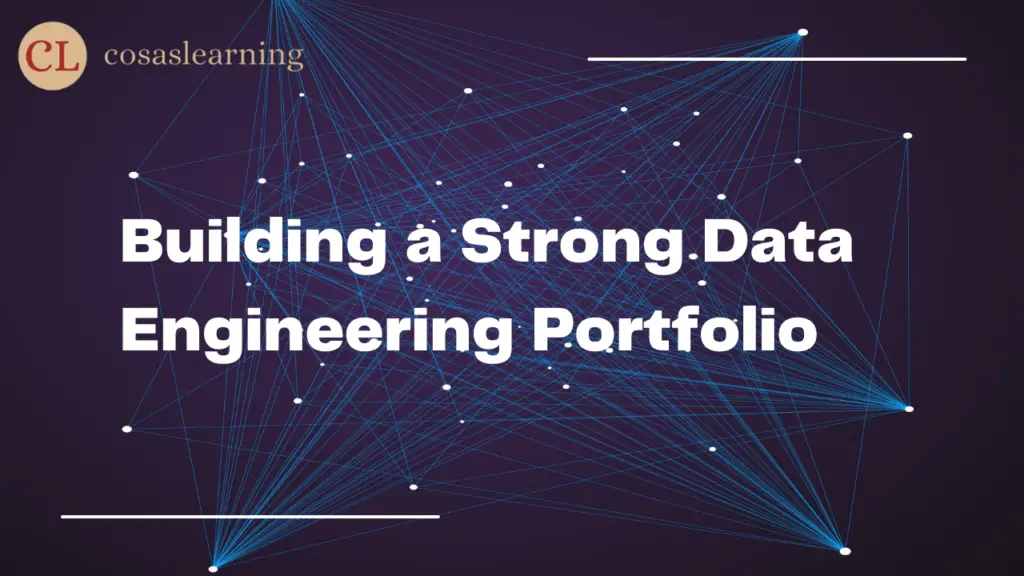
To stand out as a data engineer, it’s important to build a strong portfolio:
Personal Projects and Open-source Contributions
Developing personal projects and contributing to open-source projects allows data engineers to showcase their skills and creativity. It also demonstrates their ability to work on real-world data engineering problems.
Kaggle Competitions and Hackathons
Participating in data science competitions like Kaggle or hackathons provides valuable experience in solving complex data problems under time constraints. It also allows data engineers to collaborate with others and learn from different approaches.
Certifications and Online Courses
Obtaining certifications in relevant technologies and completing online courses can boost a data engineer’s credibility. Certifications like AWS Certified Big Data – Specialty or Google Cloud Certified – Data Engineer validate their expertise and enhance their professional profile.
Collaborative Work and Networking
Collaborating with data scientists, analysts, and other professionals in the field helps data engineers gain exposure to diverse perspectives and build strong professional relationships. Networking through industry events, meetups, or online communities opens doors to new opportunities.
Industry Trends and Emerging Technologies
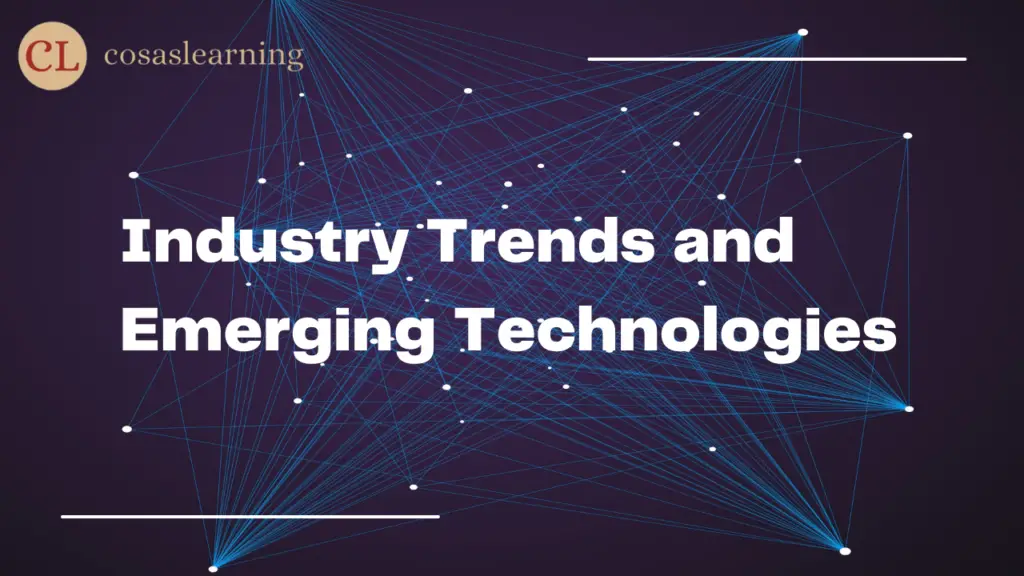
Data engineers need to stay updated with industry trends and emerging technologies:
DataOps and Data Integration
DataOps is an approach that focuses on streamlining and automating data operations processes. Data engineers should be aware of DataOps principles, tools like Apache Airflow or dbt (data build tool), and techniques for efficient data integration and pipeline orchestration.
Data Mesh and Decentralized Data Architectures
Data mesh is an emerging architectural paradigm that emphasizes decentralizing data ownership and governance. Data engineers should understand the principles of data mesh and its implications for designing scalable and agile data architectures.
Explainable AI and Ethical Data Practices
With the increasing adoption of AI, data engineers should be mindful of ethical considerations and the need for explainable AI. They should be familiar with techniques like interpretable machine learning and responsible data practices to ensure fairness, transparency, and accountability in data-driven systems.
Quantum Computing and Data Engineering
Quantum computing is a rapidly evolving field that has the potential to impact data engineering. While it’s still in its early stages, data engineers should follow developments in quantum computing and explore its potential applications in data processing and optimization.
Conclusion
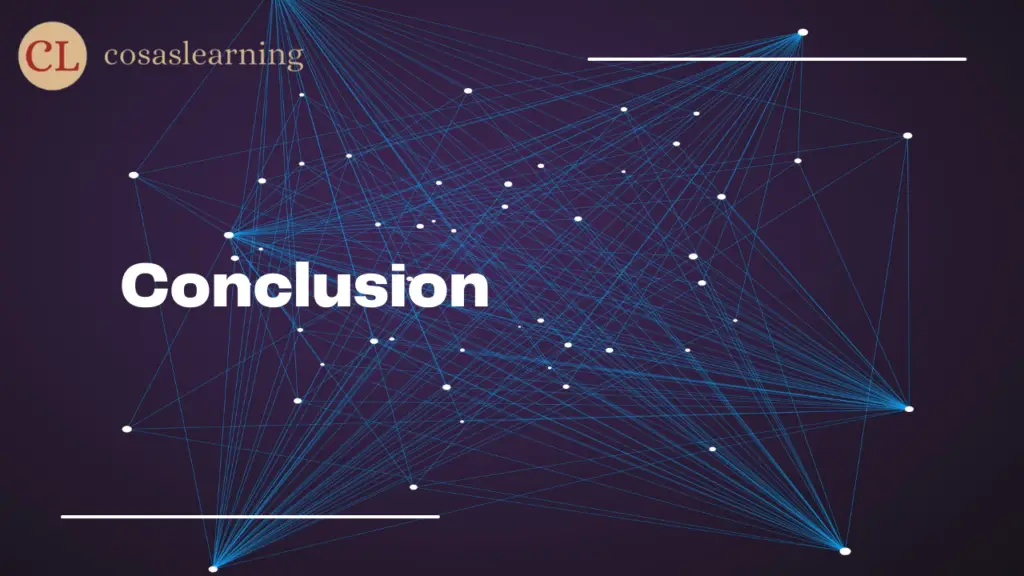
The data engineer roadmap for 2023 is filled with exciting opportunities and challenges. By focusing on foundational skills, advanced concepts, cloud computing, machine learning engineering, and staying updated with industry trends, aspiring data engineers can navigate their career paths successfully. Continuous learning, practical experience, and a strong professional network will contribute to their growth and open doors to new possibilities in the evolving data landscape.
FAQs
Click Here : To Show Your Support! 😍





